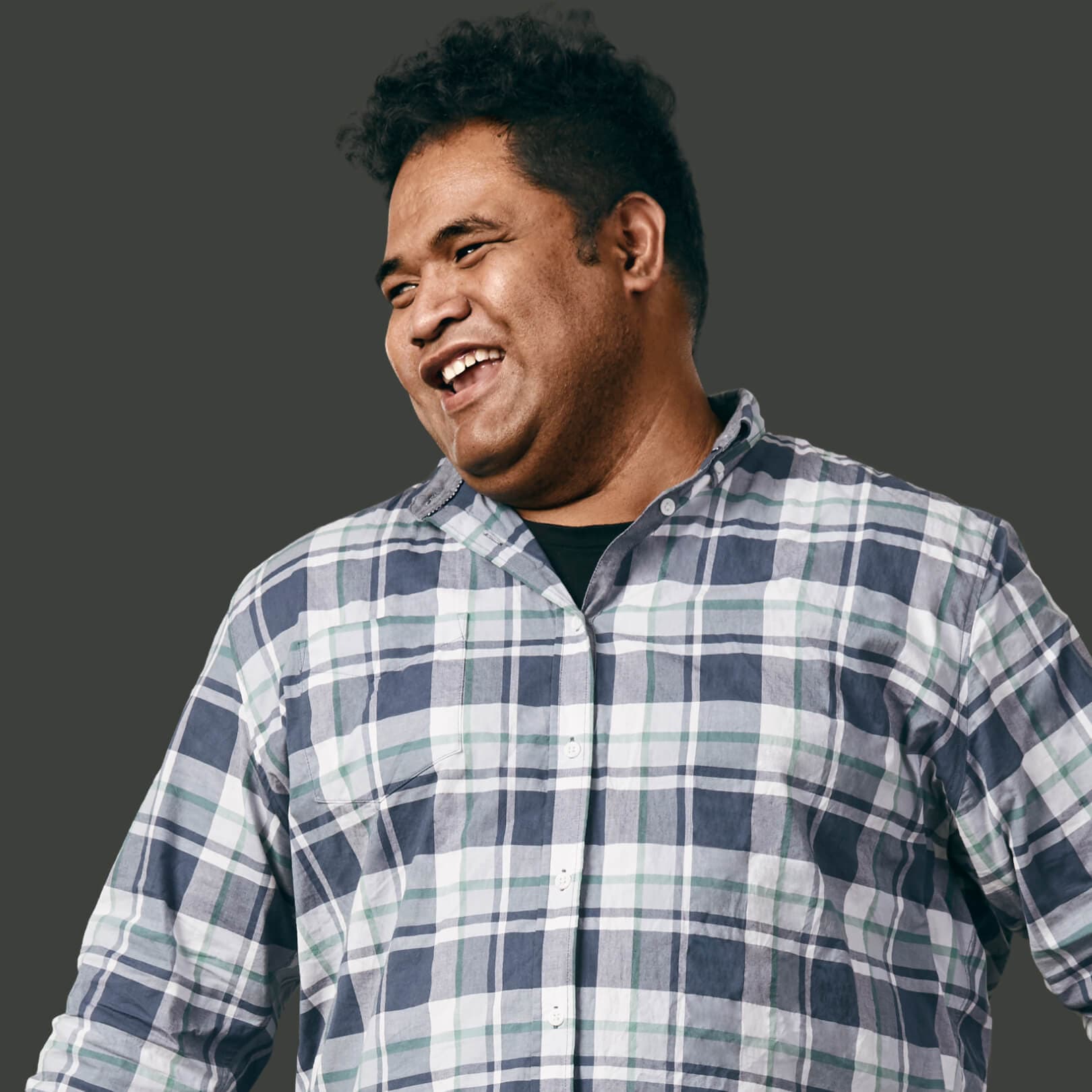Blind Low Vision NZ believes everyone who is blind, deafblind, or has low vision should have the opportunity to be self-reliant and do the things they need and want to do in life.
For that to be possible, our world needs to be accessible and inclusive, and people who are blind or have low vision need to have the skills and knowledge to make the most of an inclusive world. We need open minds and inclusive attitudes, laws and regulations that support accessibility, and health and disability systems that support good eye health and vision rehabilitation.
We want to change what it means to be blind, deafblind or have low vision.
Why it matters
Today Blind Low Vision NZ, New Zealand’s main provider of vision rehabilitation services, supports an estimated four out of 10 people living in New Zealand with blindness or low vision to continue to be self-reliant, to stay connected and in work, get around independently and live life with dignity. This means some people miss out on practical and emotional support to live with sight loss. The journey needs to be smoother for people to access support.
Then, there are the many unnecessary barriers imposed by systems, structures and people that make it harder for those who are blind or have low vision to live life how they want to. Indicators in important areas such as education, employment and mental wellbeing tell us there is some way to go in making sure people who are blind or have low vision have the same opportunities available to others in life.
The areas of eye health and accessibility in New Zealand need to change before living with blindness or low vision can become fairer.
The future we want
We want a future in which people who are blind, deafblind or have low vision can live their lives without limits; feeling they can do the things they need and want to do with self-reliance, confidence and optimism. We want people who are blind or have low vision to be equipped with the skills and knowledge to have access to the whole world, the same as everyone else.
There won’t be dismal statistics like there are today, pointing to gaps like the rate of unemployment for people with disabilities being 50% higher than the rate for the total workforce, and reports that there is three times as much clinical depression amongst people with blindness or low vision than those without.
We want a future where the shining examples of accessibility and inclusion we find today, go unnoticed, as they become simply the norm. Barriers to education, employment and accessing timely eye health services will not exist. Blind Low Vision NZ’s service will be integrated into New Zealand’s health system and it will be sustainably resourced and easily accessed by those who need it.
Our role
Our role is to be a support and enabler for people who are deafblind, blind or have low vision. We do this by:
- Working one-on-one with individuals and their families to provide personalised vision rehabilitation support to teach new skills for everyday living and at key transitional moments in life.
- Working with like-minded organisations, businesses and government to drive process and systemic change that supports the future we want.
- Building awareness and education that supports changing attitudes and opportunities for people who are blind or have low vision.
Despite the challenges present, today many people who are blind, deafblind or have low vision are leading full lives. They are beacons that guide others following in their path.
Sources of information
